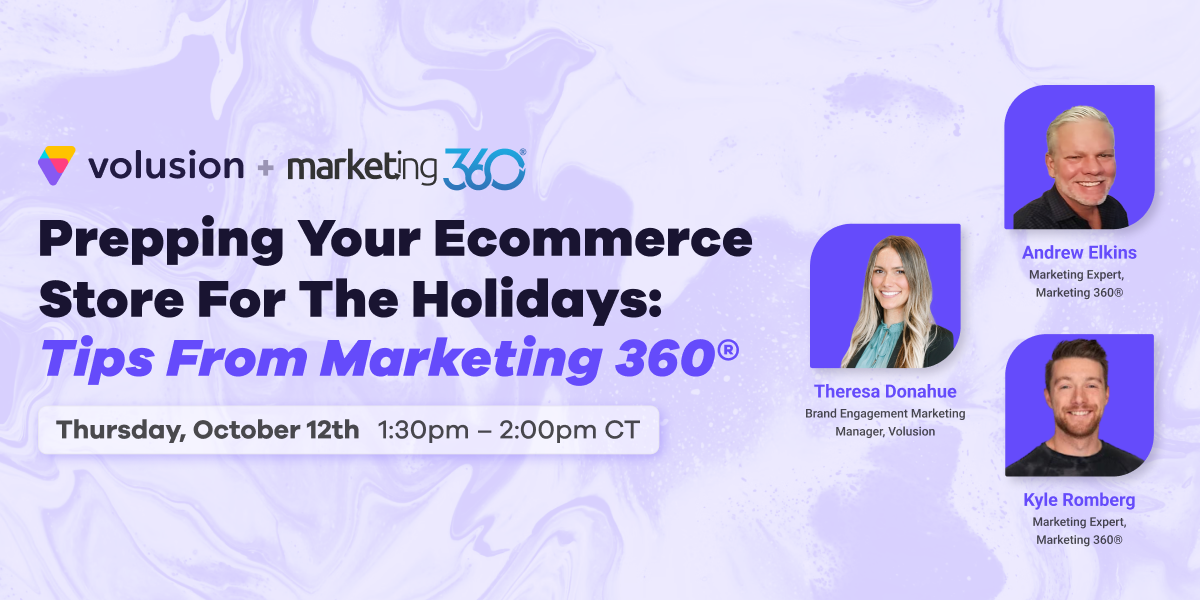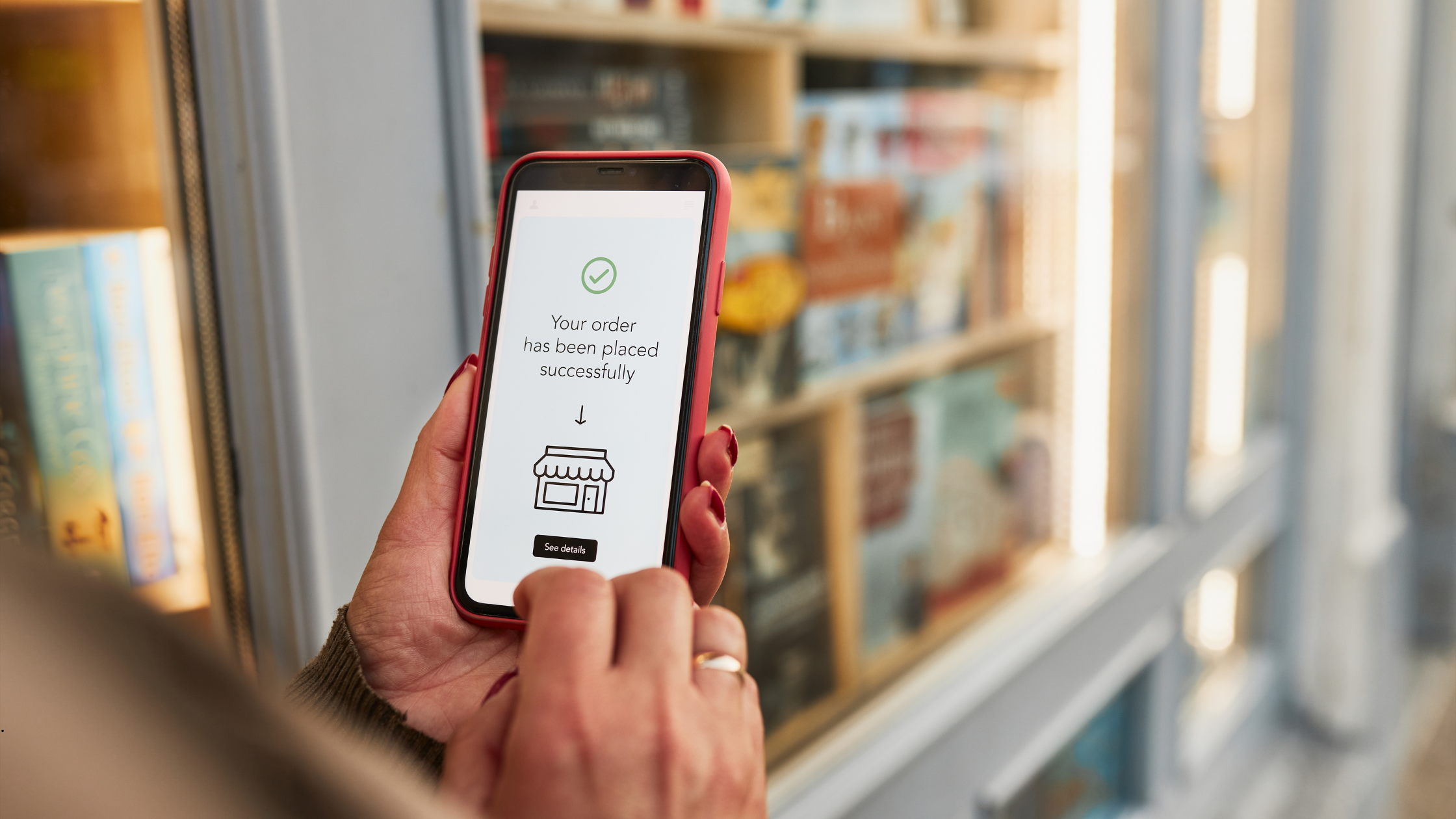
When starting an online store, you first must take care of the basics – finding an ecommerce platform, listing products, setting up purchasing, and choosing a shipping carrier. Then, you can focus on getting people to your store through marketing.
There are countless marketing techniques you can use, but there are some core, proven methods to start with, including search engine optimization (SEO), email marketing, SMS (text message) marketing, social media, and influencers.
SEO
Search engine optimization (SEO) is a term you might not be familiar with yet, but it’s essential for driving traffic to your online store. SEO is how you improve your rankings on search engines, like Google. To get people to your store, ideally, you want to show up on the first page of search results. (Think about it – how often do you go past the first page when doing an Internet search?) To improve your SEO, you need to determine what keywords your customers are searching for and incorporate those on your website and especially on your product pages.
There are also structural aspects of your online store that impact your SEO score, like having a good user experience, using metadata, using H1, H2, and H3 tags in your content, getting backlinks to your store, and more.
This is a lot to handle – especially if you’re not an SEO expert. Fortunately, ecommerce platforms, like Volusion, have built-in SEO capabilities to help.
Email Marketing
Email marketing is an effective way to drive traffic to your online store. To use this, you must capture the email addresses of your customers and prospects. You can send regular communications promoting sales and new products or send a regular newsletter to keep your online store top of mind.
Your email marketing software can integrate with many ecommerce platforms – including Volusion. This lets you send reminder emails to customers if they leave items in their cart or alert them when products they’ve previously purchased are on sale.
Text Message Marketing
Text message marketing – or SMS marketing – consists of promotions you send to customers or prospects via text message. For this, you must have a database of cell phone numbers to target. These are short messages typically alerting customers about special offers or new products. They can also be used to remind customers of items left in their shopping cart or to promote items similar to other products they’ve previously purchased.
Social Media
One of the most popular marketing methods is to use social media platforms to drive traffic and increase sales. While this is a common method, it is also the most complex and requires the most planning and execution.
- First, you must decide what platforms to use. When deciding this, you need to think about what platforms your audience uses. You also need to consider the type of content you want to promote on social media – is it images, videos, blogs? The most common options are Facebook, Instagram, and Pinterest. YouTube, Twitter, and TikTok should also be considered. If you are hesitant about TikTok, you might want to rethink your stance. There are a lot of benefits to using TikTok, including increasing your brand awareness, growing your audience, promoting your products, gaining new customers, and seeing what your competitors are doing.
- Next, make sure you have consistent branding. Before publishing on social media, you need to ensure you are representing your business the same way on each platform – including using the same logo, colors, images, product listings, tone, and other elements. This will help your customers recognize your products from one platform to the next. Volusion’s marketing agency partner, M360, helps online stores create consistent design and branding across various platforms.
- When your profiles are ready, be sure to link to them from your ecommerce site. You want customers to be able to quickly and seamlessly jump from the online store to your social media profiles, and vice versa.
- Then, you need to plan out what content you will post to the various platforms, and how you will post it. You can use a social media scheduling platform to do this. To keep the content organized, you need a content calendar. This will allow you to plan out what content you want to post on each platform, and when.
- When creating posts, you can integrate images and videos of your products, talk about upcoming promotions, and more. If you’re stuck on ideas, you can always use AI tools like ChaptGPT. You can ask the AI tool for post ideas to keep your content fresh. You can also use it to proofread your posts and adjust the tone and voice of your content.
PPC
To quickly reach more potential customers, you can run pay-per-click (PPC) ads. This includes Google Ads and social media ads. As the name states, with these ads, you pay per click. In search engines, like Google, your ads appear when users type in certain targeted keywords.
For social media ads, Facebook is one of the top platforms for advertising. An easy option is to set up a Facebook Pixel. This connects with some ecommerce platforms, like Volusion. It will store and track consumer site behavior like when someone makes a purchase, adds to their cart, starts a checkout, and more. It will send that data to Facebook, which lets you better target your consumers through Facebook ads.
Retargeting is another helpful advertising tool. If a prospective customer visits your site and doesn’t make a purchase, you can use a retargeting campaign to have your ad display as they visit other sites.
Influencers
A newer marketing technique is to use influencers. These are typically people who have large online followings. When they promote your products to their audience, you can reach audiences you may never have before through traditional advertising. This not only increases the audience seeing your products, but it can entice more people to purchase your products after getting a recommendation from an influencer they trust.
If you need help finding influencers, you can use AI tools like ChatGPT to compile a list.
In Conclusion
After setting up your online store, you need to focus on getting customers to your site. Using various marketing techniques can help attract customers. These include focusing on SEO, running ads, using email marketing, text message marketing, and influencers.











